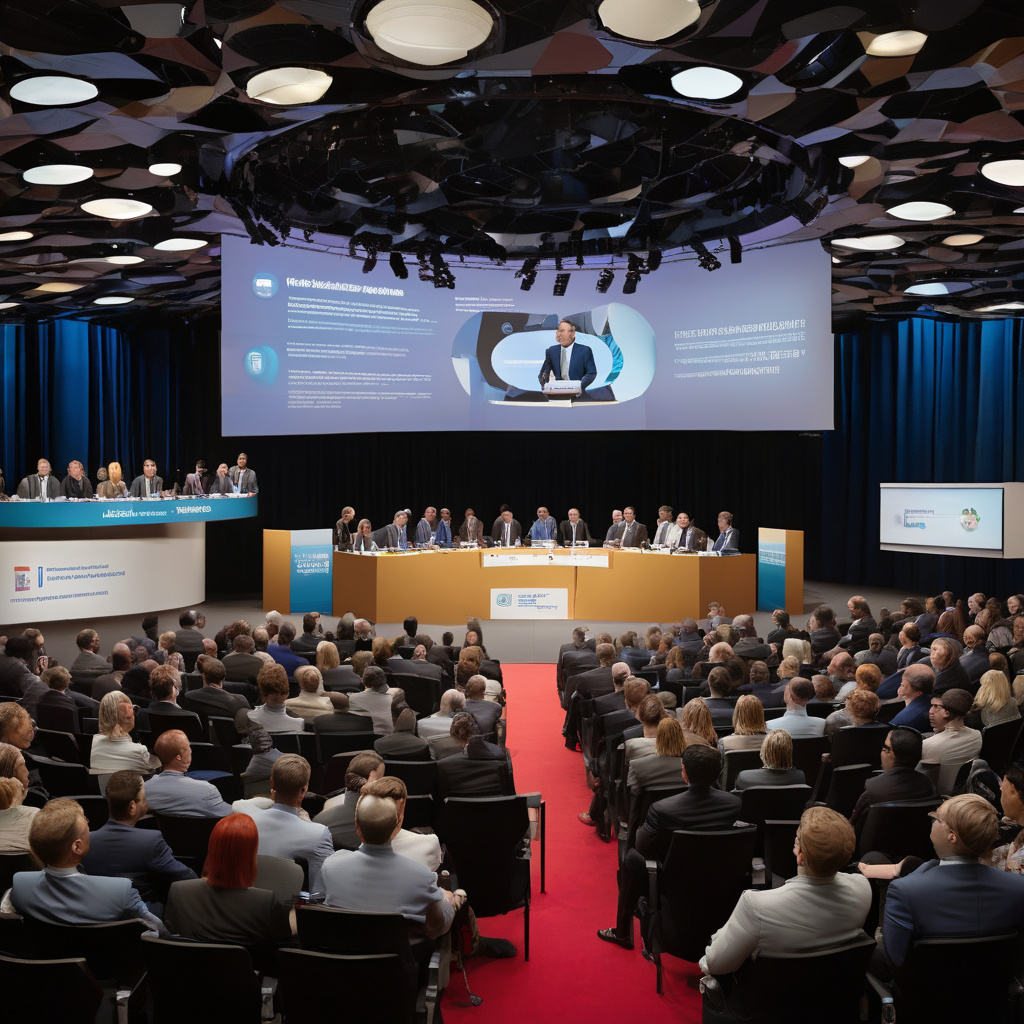WGIG Reunion Sparks Calls for Reform at IGF 2025 in Norway
In a time where digital power dynamics are constantly shifting and global tensions are on the rise, the recent reunion of the pioneers of internet governance at the Working Group on Internet Governance (WGIG) has reignited the debate over who truly shapes the rules of our online future. This gathering has not only served as a trip down memory lane but has also sparked calls for reform at the Internet Governance Forum (IGF) set to take place in 2025 in Norway.
The WGIG, established in 2004, played a crucial role in laying the groundwork for the governance of the internet as we know it today. Comprised of experts from various fields, the group focused on key issues such as the management of critical internet resources, cybersecurity, and the role of governments in internet governance. Their work ultimately led to the formation of the IGF, a multistakeholder forum that convenes annually to discuss public policy issues related to the internet.
However, as we fast forward to the present day, it is evident that the landscape of the internet has evolved significantly. With the rise of artificial intelligence, blockchain technology, and the Internet of Things, new challenges and opportunities have emerged, necessitating a reevaluation of the existing governance frameworks.
The recent reunion of the WGIG members has brought to light the need for reforms within the IGF to ensure that it remains relevant and effective in addressing the current and future challenges of internet governance. One of the key areas of focus is the inclusivity of the forum, with calls for greater representation from marginalized communities, developing countries, and non-governmental stakeholders.
Moreover, the rapid pace of technological advancement requires the IGF to be more agile and responsive in its decision-making processes. This includes streamlining procedures for policy development, enhancing transparency and accountability, and fostering greater collaboration between governments, industry, academia, and civil society.
Another crucial aspect that has been highlighted is the need to address the growing concerns around digital rights and privacy. As governments around the world grapple with issues such as data protection, online censorship, and surveillance, it is imperative that the IGF serves as a platform for promoting human rights online and safeguarding the open and decentralized nature of the internet.
Furthermore, the reunion of the WGIG pioneers has underscored the importance of fostering innovation and competition in the digital space. As tech giants continue to dominate the online ecosystem, there is a growing consensus that measures need to be taken to prevent monopolistic practices, promote fair competition, and protect consumer interests.
As preparations for the IGF 2025 in Norway get underway, the calls for reform stemming from the WGIG reunion serve as a timely reminder of the need to adapt to the ever-changing dynamics of the digital world. By embracing inclusivity, agility, digital rights, and innovation, the IGF has the potential to shape a more equitable and sustainable future for internet governance.
In conclusion, as we navigate through a rapidly evolving digital landscape, it is imperative that we learn from the past, adapt to the present, and prepare for the future. The WGIG reunion has set the stage for meaningful reforms at the IGF, ensuring that it remains at the forefront of shaping the rules that will govern our online world.
WGIG, internet governance, IGF, digital rights, innovation
